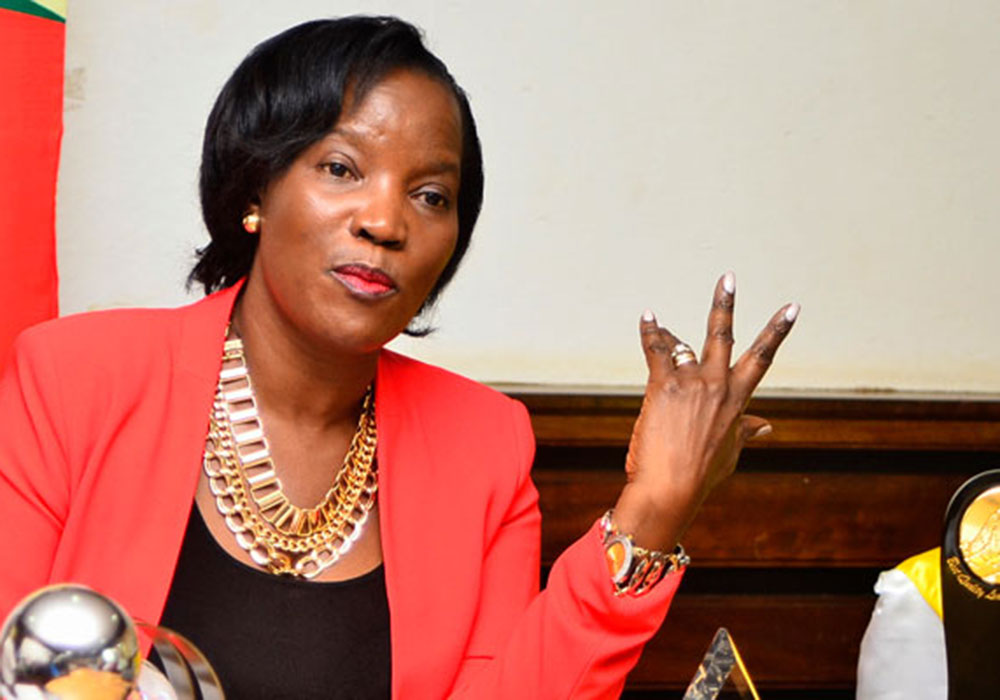Farmers in Acholi Sub-region have been warned against cheaply selling farm produce to middlemen.
Every dry season, middlemen infiltrate villages in all eight districts in the Acholi sub-region with trucks and their own weighing scales in search of grains and other cash crops. Others book the crops before they are harvested. In some cases, the middlemen are accused of using manipulated weighing scales and deceiving farmers about the price of the produce.
Leaders say that impulsive selling of crop harvests is partly to blame for the rising food prices. For instance, last year, farmers in Kitgum and Lamwo District sold their simsim at 3,800 Shillings a kilogram to middlemen from Lira. However, two months ago, the same buyers brought back the same simsim at between 7000-9000 Shillings a kilogram.
Lamwo Woman MP Nancy Achora says that at this time, some areas like Agoro sub-county where crops such as beans and groundnuts flourish, have already sold all of them at low rates, yet they would have chances of earning more from the product if they avoided the rush imposed on them by middlemen.
David Livingstone Amone, the Minister of production at Acholi Cultural Institution, told Uganda Radio Network that farmers are always cheated by middlemen because they are not organized. According to Amone, if farmers form cooperatives, they can share knowledge on prices across the country and also have the chance to borrow money to meet other demands, plus other added advantages such as access to inputs.
But Catherine Apiyo, a farmer in Lamwo district said farmers opt to sell their farm produce because they have no alternative source of income. Apiyo, however, appealed to the government to set a minimum price for agricultural produce and communicate the same to the farmers so they are not cheated.
“Our buyers always tell us that they buy depending on the prices in the world market. But what does an illiterate farmer like me know about the world market,”? she asked.
Phillip Okello, another farmer in Mucwini, Kitgum district who grows simsim, said the poor road network forces him to sell his produce to people who go direct to him. He adds that short of this, he has to endure a distance of 10 kilometres from his farm to the market and still spends a lot on transport.
In 2019, Acholi Cultural Institution started an ambitious plan to restore village co-operatives across the 54 Chiefdoms to boost food and agriculture production and liberalize the community economically. Amone said they are already training the groups on how to start and manage other businesses besides farming, so they have many sources of income.
Amone is moving around sensitizing leaders on the benefits of organizing people in business and will later train the farmers on how to run a cooperative and other side business.
Amone argued that there are a number of stores and machines lying idle in the villages and no one of using them because even leaders don’t have the technical know-how to network and use those facilities to benefit the farmers.
-URN






The farmers should start cooperative societies.